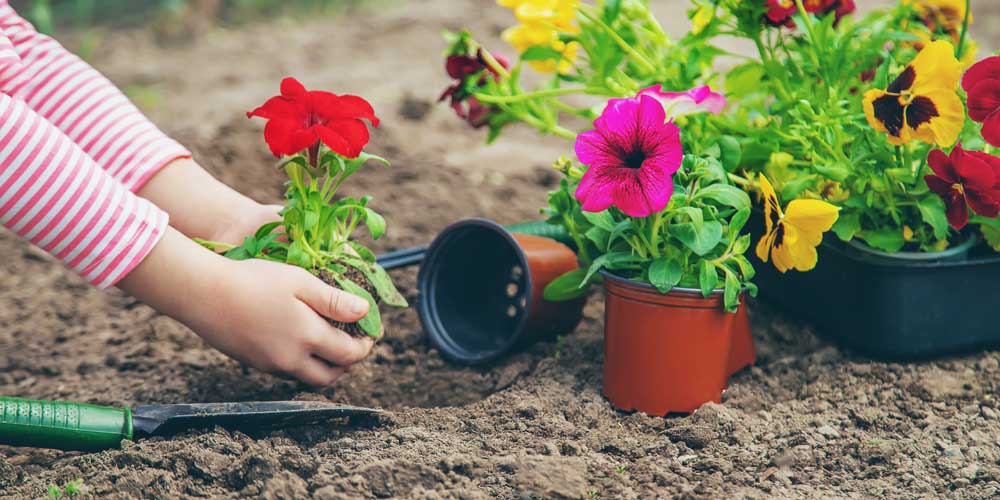Gardening corner: Cutting ties with underperforming plants
Published 4:00 am Sunday, September 3, 2023

- As your lifestyle changes, so, too, can you gardening prowess. It's best to take stock each September of what you want from your garden.
You may think this seems like the cart before the horse approach to gardening but sometimes we need help in how to “unfriend” a plant.
September is a good month to start the process. Life is too short to spend time with plants you don’t like or that aren’t doing well. If you have a hard time making tough decisions, here’s how to justify cutting the ties. There is no point in waiting until next spring to review your assessment of the previous summer. Spend time now, take notes as you do your walk-about and then try to remove or maybe correct the situation.
If the plant doesn’t perform according to the plant tag, then it’s not a good plant, or not the right plant for your garden conditions. Cut it loose. Remember also that we sometimes put too much faith in the terminology on the plant tag of continuous bloomer, etc.
Plants that are regularly hit by disease or are attacked by insects are usually plants that are under stress because their growing conditions are not appropriate to their needs. Perhaps the plant is in the wrong location, or perhaps the plant is not good for our region. You don’t need the hassle of constant care. Replace it with a disease and insect resistant plant that can get by without sprays, powders and stress.
Some plants are too high maintenance. They demand staking, deadheading, pruning, regular dividing, and fertilizing. Many improved cultivars are bred to avoid these chores. Do some research it may be time to upgrade. Garden writer. Stephanie Cohen stated,”I don’t believe in growing plants that require life support systems to keep them going.”
Some plants get too big for their garden bed and grow larger than you thought they would. They can overwhelm a space with their size and bulk and suck the air from the surrounding plants. Replace such a plant with a new, dwarf variety plant that will suit the space better.
Some plants are so exciting when first planted, but over time the glow of a first impression and the excitement of the planting fades. Maybe your tastes have changed and you become indifferent, barely even noticing the plant. It’s time to part ways and find a new plant. Your gardening life should contribute excitement and joy to your daily life.
If you have limited space then you have to be ruthless about what you plant. If you always stick to the old varieties, then you miss out on the new cultivars or different plants that are more fun and inspiring.
I always look forward to my Johnson’s blue geranium in my rock garden but the bloom time is short. I recently learned of “Azure Rush,” which can bloom intermittently after the major bloom, up until frost. I’m thinking some replacement might be in the near future.
Another reason to assess the garden now is that we need to recognize when it is time to change. Has the garden reached a size and complexity that is too hard to maintain without additional help even for a nominal amount of time each week? Has our health changed? Have you suffered the loss of your life-time gardening partner? If the answer is mostly yes, then it is time to bring our garden dreams into line with the realities of our current life.
A favorite book and my support system comes from “Gardening for a Lifetime-How to Garden Wiser as You Grow Older” by Sydney Eddison. The book doesn’t just apply to a certain age group. The basic principles could apply to anyone with physical, time or family limitations. Suggestions of gardening practices are given that encourage gardening as the joy-filled activity it is meant to be.
Eddison leaves us with the question, ”How beautiful can you make your garden with the resources you still have at your command?”
My copy of Eddison’s book resides next to the iconic “How to Have a Green Thumb Without an Aching Back” by Ruth Stout. With the inspiration from the two authors, you will realize how gardening can affect your life.
“Life is too short to spend time with plants you don’t like or that aren’t doing well.”








